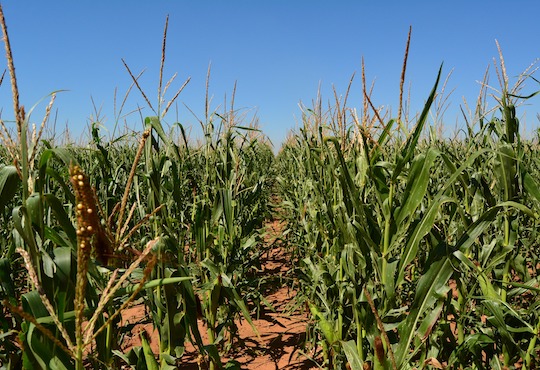The World Food Programme has warned that the COVID-19 pandemic could cause one of the worst food crises since World War II. It predicts a doubling of the number of people going hungry – more than half of them in sub-Saharan Africa.
So far, the global food system has proven to be resilient to the COVID-19 pandemic. Food is still being produced, processed and distributed. Unfortunately, the system’s underlying injustices and inequities continue too. Around 1.58 billion people globally can’t afford healthy diets.
Each crisis tends to be met with a response to mitigate the harm, but the system always seems to return to its earlier undesirable state.
The shock set off by COVID-19 is likely to be different. That’s because it is causing simultaneous and synchronised system failures that will erode economic opportunities now and potentially for years to come.
It’s also an opportunity for a different kind of recovery. With less inertia resulting in a return to the previous state, alternative scenarios become plausible.
Going back to “business as usual” investments in agriculture and food systems could reproduce those systems’ inequities. Instead, recovery efforts should be geared towards creating a better future.
Here we outline three ways to improve agriculture in line with the sustainable development goals: to make systems resilient, sustainable and fair.
Read full article COVID-19 recovery is a chance to improve the African food system at theconversation.com
Photo credit: WhiskerFlowers from Pixabay
11 June 2020Original Author: Kai Mausch et al.

